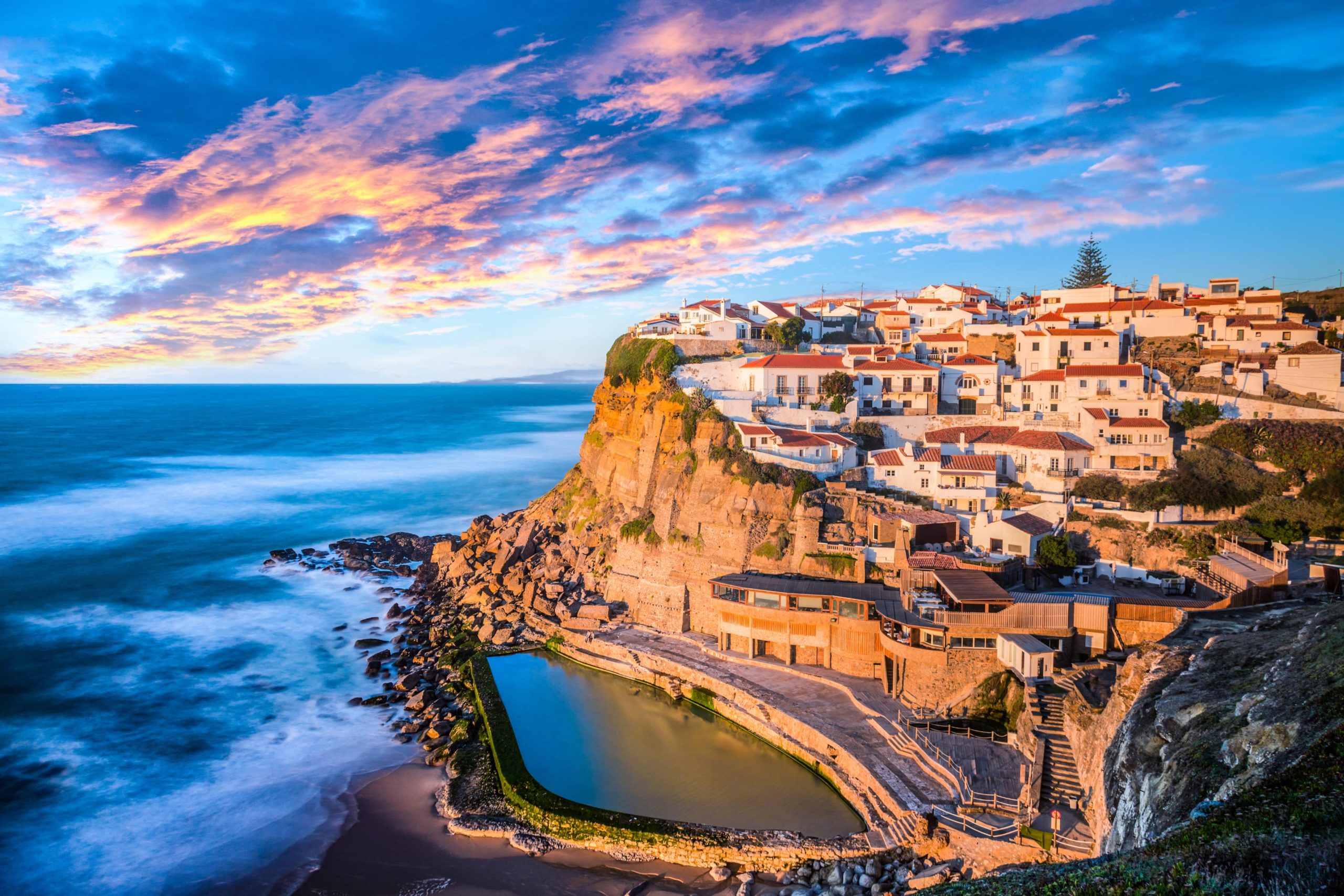
Few medicinal cannabis licenses have been issued in Portugal
Ever since Tilray left for Portugal in the early days of German cannabis cultivation in 2017, the country has been touted as “the place” within the European Union (EU) for German dealers to source their product.
However, the actual progress of the industry has been a little slower – in part due to the long time it takes to change the law. It was not until April 15 of this year that Ministerial Ordinance No. 83/2021 was finally published. According to the assessment of the local lawyers, this arrangement also clarified many practical aspects of the application process. This includes reference prices.
However, if you look at the progress of cultivation licenses, the evidence lies in the pudding. So far 114 applications for the cultivation of cannabis have been received by the National Medicines Agency (Infarmed). Of these, only 23 are “under analysis”, 11 are waiting for a response from breeders and 61 are waiting to be inspected (a major problem almost every budding cannabis grower faces thanks to COVID).
Here are a few more attenuation statistics. Of the 19 cannabis growers currently in operation, only three can produce medical-grade extracts and products. One is in store for “quality control” purposes only. The remaining systems are used to cultivate the plant as “raw materials” or, of course, of great interest to every German trader looking for new sources for EU cultivated products, “active ingredients”.
What exactly is going on
EU GMP is not a simple certification
Despite its reputation to the contrary, including the pending legislative move to formally legalize adult cannabis, medical authorities are very strict here. You need to. They are the state version of the Federal Drug Administration (or FDA).
In fact, it wasn’t until February this year that Tilray announced that it had received the first and only marketing authorization for medicinal cannabis products in Portugal. This means that everyone else grows for export to other countries (especially Germany). Many German distributors (to start with) are currently importing raw flowers (or Flos) as “Active Pharmaceutical Ingredients” or APIs. There is clearly a market for that.
A medical license also costs capital. And it’s also very clear that Portugal isn’t the only game in town either. Greek, Macedonian and, as of this year, African cannabis are also coming into the room.
While there is general enthusiasm for the impending cannabis revolution in the recreational sector, the medical game remains a tough nut to crack even after the capital has been raised. This isn’t always a popular job, but it’s clear that Infarmed isn’t interested in just being a transit agency when the dust settles.
According to Rob Smallman, a very experienced Canadian breeder who has been involved in several European projects, including Portugal, “having experience and focusing on the real business in the space is a far better strategy than just satisfying investors”.
Michael Sassano, CEO and founder of SOMAI Pharmaceuticals and the latest recipient of an innovative product grant from the Portugal 2020 committee, agrees. “Cannabis entrepreneurs need to know exactly what they are doing to be successful and get full certification,” he said. “Growing and manufacturing medical cannabis requires more than just a lot of capital. It requires in-depth knowledge of regulations and GMP standards, as well as serious knowledge of the cannabis plant, in order to exceed timely construction, operational and international sales targets. “
Portugal 2020 is a partnership agreement between Portugal and the European Commission to fund policy objectives of interest to both Member States and the EU as a whole.
Domestically, however, there is another catch. In a country that is rather infamous, if not exactly known as “anything goes,” cannabis as a medicine is just as foreign here as anywhere else. Not to mention that medicinal cannabis, like anywhere else, is very expensive. The monthly price tag of around $ 600 is out of reach for most, if not many.
What are the effects of the upcoming recovery reform for Portugal?
There are several answers to this question. The first and most obvious is “nothing”, as Infarmed only regulates one medical market, not a broader consumer market (more like the BfArM in Germany than the FDA in the US).
However, that’s not the only answer either. The forward reform of the Portuguese legislative approach to leisure reform has repeatedly stalled, although both Switzerland (outside the EU) and Luxembourg (within the EU) have made progress.
Of course there is this twist. Just as the Czech Republic (and Switzerland) have now started to discuss (and Holland is in the middle, since the Dutch insurers discontinued coverage of the drug in 2017, in the same month the German Bundestag or Parliament voted in favor of it publicly in German to cover health insurance) the entire discussion about “medical” cannabis is being scrutinized. Mainly for domestic use and not for export abroad.
This is a simmering subject. But it is sure to stay in the room, especially given the advances in general cannabis reform across Europe.
In the meantime, it is clear that Portugal is proving to be a strict one-stop shop for all things medical cannabis – and far from being just a pass-through growing or extraction state.

Post a comment: